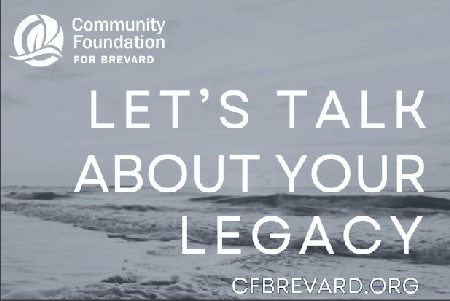Striving for balance
January 16, 2020
When you think of a guidance counselor, you think of someone who fixes your schedule, not necessarily someone you would talk to about your mental health. Guidance counselor Hannah Smith, who is also a certified mental health counselor, provides students a sympathetic ear when they are struggling.
“My heart and soul is in the strategies that I can use that can prevent mental illness,” Smith said.
During the summer, the Florida Legislature passed Senate Bill 7030 requiring students in grades 6 through12 to have at least five hours of mental health education. This bill was passed response to the Parkland school shooting. The Mental Health Assistance Allocation Plan is part of the implementation recommended by Marjory Stoneman Douglas High School Public Safety Commission.
Some of the topics to be discussed with students include signs and symptoms of mental health disorders, coping techniques, prevention of substance abuse, addiction and suicide. Mental health education will be provided to students after the plans have been approved by the district.
“The five hours is actually going to be implemented into homeroom,” Smith said. “The teachers will be showing a set of videos and guidance counselors are hoping they will be invited into the homeroom environment so that they can shed light and answer any tougher questions or any kind of triggers that may be caused because of things that are being discussed.”
Teachers also will be responsible for addressing mental health topics.
“Each teacher has some developmental/mental health training, but they don’t have it as extensively as the counselors do,” Smith said. “Teachers do have a sense of what needs to be said and how it needs to be approached, but that is why we have the school counselors here to go deeper in case they need help.”
English teacher Adrienne Gent said the initiative appears promising.
“Depending on how the teachers present the information and what follow-up activities there are, I think it might be beneficial to the students,” she said.
Part of the plan included inviting motivational speaker Chris Hollyfield, a 4-foot-4 inch tall former WWE wrestler, to campus to share how he overcame bullying as a young person.
“I am thankful for the mental health education plan,” Smith said. “I think it has been needed in schools for a long time. For adolescents between the ages of 12 and 17, suicide is the second leading cause of death.”
Smith said students need to understand the issues surrounding mental health in order to feel comfortable talking about it.
“I think it is important for educators in a school environment to teach teenagers and preteens what mental health is and what are the signs you need to look for if you start going to that dark place or if you feel very anxious that you can’t sleep at night,” she said. “If you’re coming to school and not rested and doing poorly on your academics all of that can be affected by your mental health.”
Smith has started a group called “Wildcat Wellness” that meets Thursdays in the media center during Power Hour B.
“The purpose of this group is to talk about mental health,” she said. “Let’s talk about your test anxiety, about why you’re going to bed at 2 o’clock in the morning because you’re so stressed out or you have too much homework. We will talk about some strategies that can help you. Let’s remove the stigma of not being able to say, ‘I am super-smart, but I am struggling’.”
Smith said the group is open to anyone.
“I shy away from calling it anything but just a group because I would not even call it a club,” Smith said. “I don’t want people to think that anyone else is thinking that something is wrong with them. That’s not the case. I am hoping people don’t think there’s a big stigma around it. I am trying to make it fun so that everyone can come and just see what it really is and not what they thought it was.”
Smith hopes to make mental health easier to talk about.
“Let’s remove that barrier from being ashamed that you’re struggling because everybody will struggle at some point in their life,” she said. “Growing up can be hard and being in a stressful academic environment makes it that much harder,” Smith said. “I want to provide a place where sometimes we’re just going to sit around and listen to each other and other times we’re going to be active and engaged.”



















































